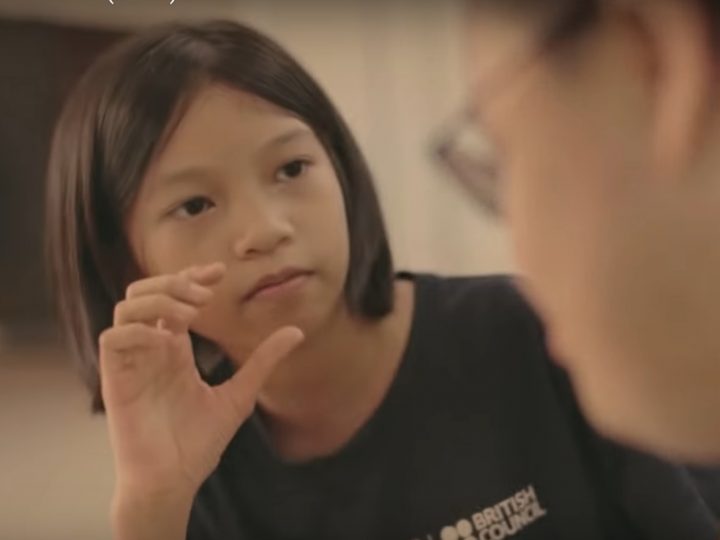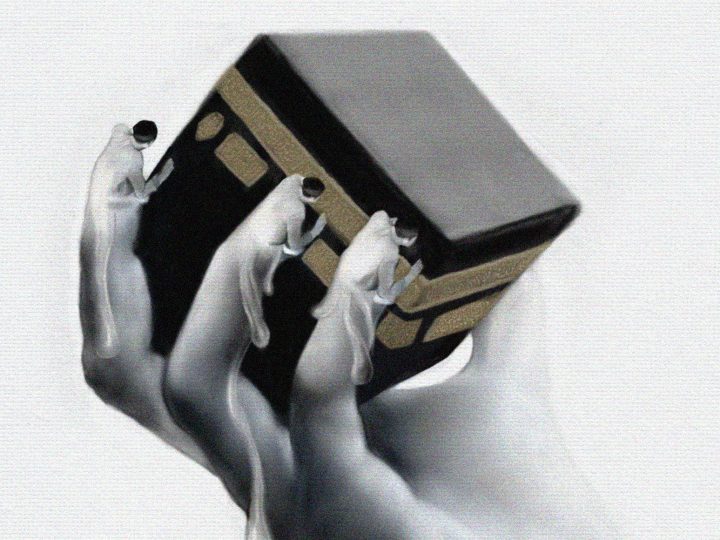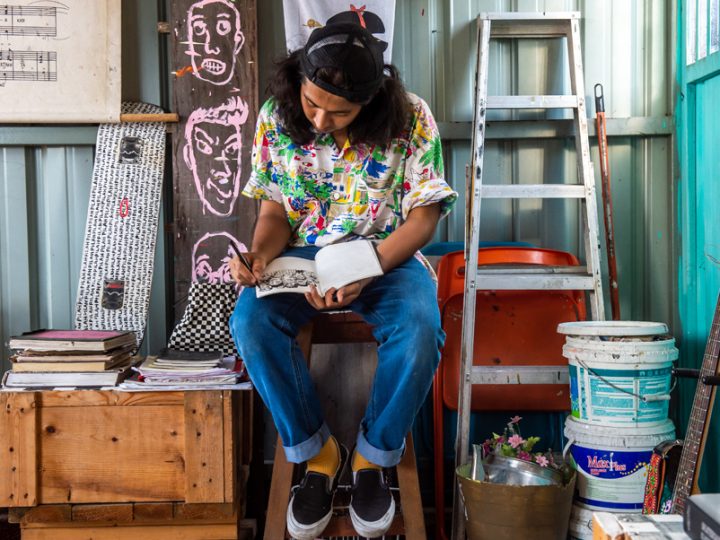Explore the Notions of Control. Alternate. Delete at the Cooler Lumpur Festival
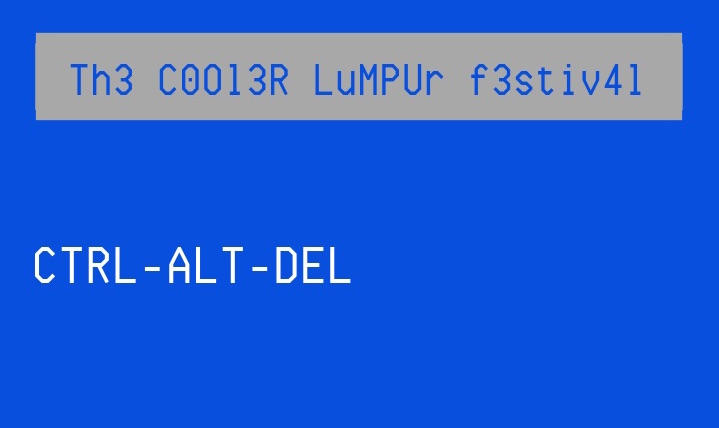 Thirsty for JUICE content? Quench your cravings on our Instagram, TikTok and WhatsApp
Thirsty for JUICE content? Quench your cravings on our Instagram, TikTok and WhatsApp
In its sixth year, the Cooler Lumpur Festival asks a question that is at the back of our heads; where is the world heading to? The unintended and unexpected consequence of globalisation, multiculturalism and that premature prediction regarding history’s end.
To quote Carlton Drake from the new Venom movie, “Society is in the brink of collapse” and to prevent us from going into flames, the world feels like it needs turning off, again and again.
Control. Alternate. Delete. We know it, we’ve used it and we’ve abused it. It’s a reboot, an interrupt. it’s efficient, effective and absolutely essential. It cleans the slate without destroying, restoring things to its default setting. A fresh start, like how the world solely needs right now.
The Cooler Lumpur Festival intends to explore these individual notions of control, alternate and delete, and what they mean when taken as a whole. How do we redo and remake the world if we’re offered a chance to reset it?
Everyone from all walks of life are invited to explore the answers in a series of conversation and activities at the festival, from film screenings, journalism workshops, food festivals, wildlife conservation efforts and more – explore the possible answers and solutions to help redo the world.
To make it easier for you, we’ve listed the activities that will be held at the festival below:
Screening of ‘Lelaki Komunis Terakhir’ (The Last Communist), a film by Amir Muhammad
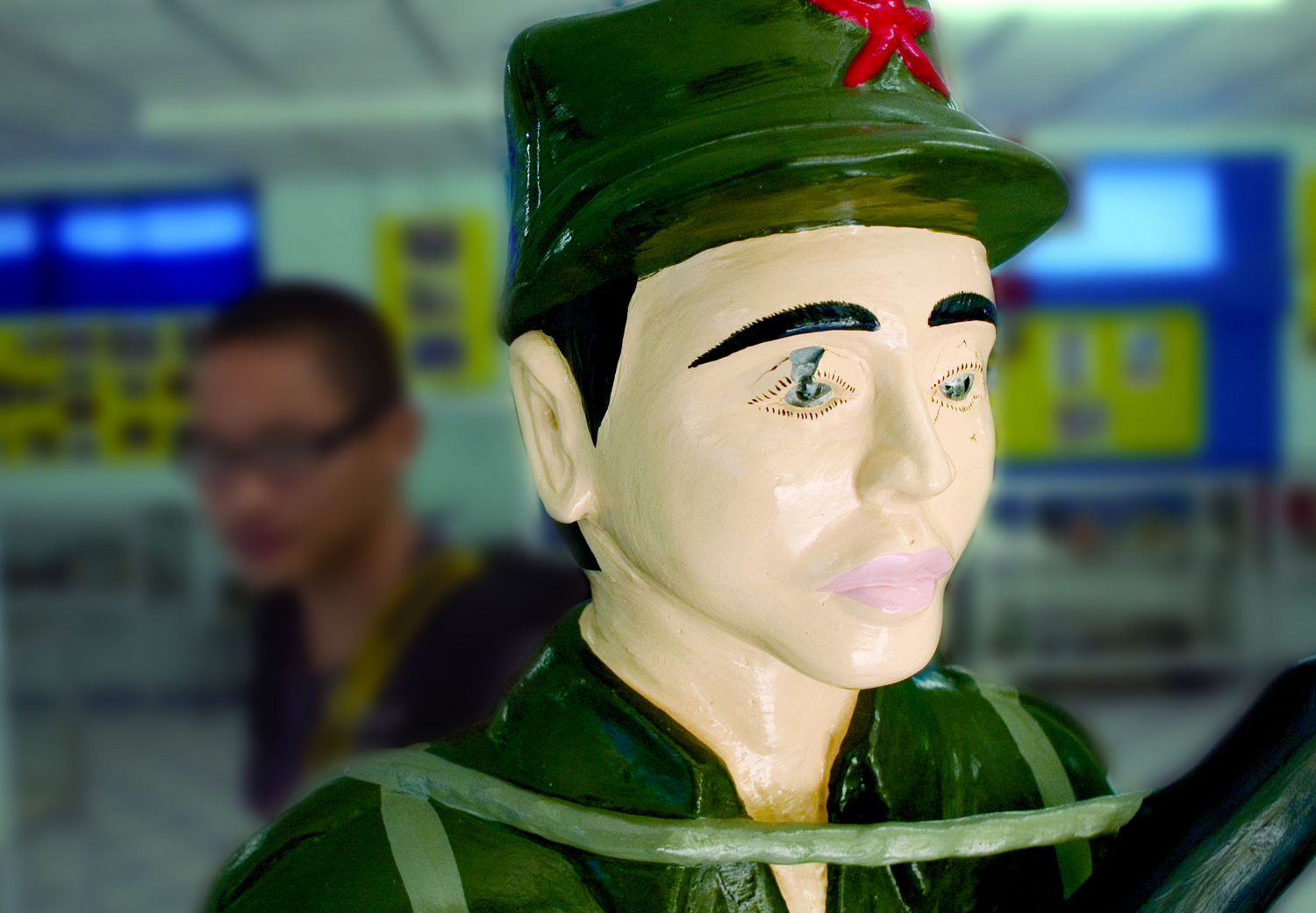
A semi-musical documentary road movie based on the life of Chin Peng, the last leader of the banned Communist Party of Malaya. It takes the form of a travelogue through the present-day towns that he lived and operated in, from birth to national independence. Interviews with the current residents are juxtaposed against historical narration.
Although initially passed for restricted viewing in Malaysia, it was banned in March 2006 for being a threat to national security. this “smart and witty” (Sight & Sound) work is “as rich as it can be” (Variety) – and is strikingly inclusive portrait of what ‘home’ means.
Screening of ‘We Are Animals’, a documentary by Zan Azlee
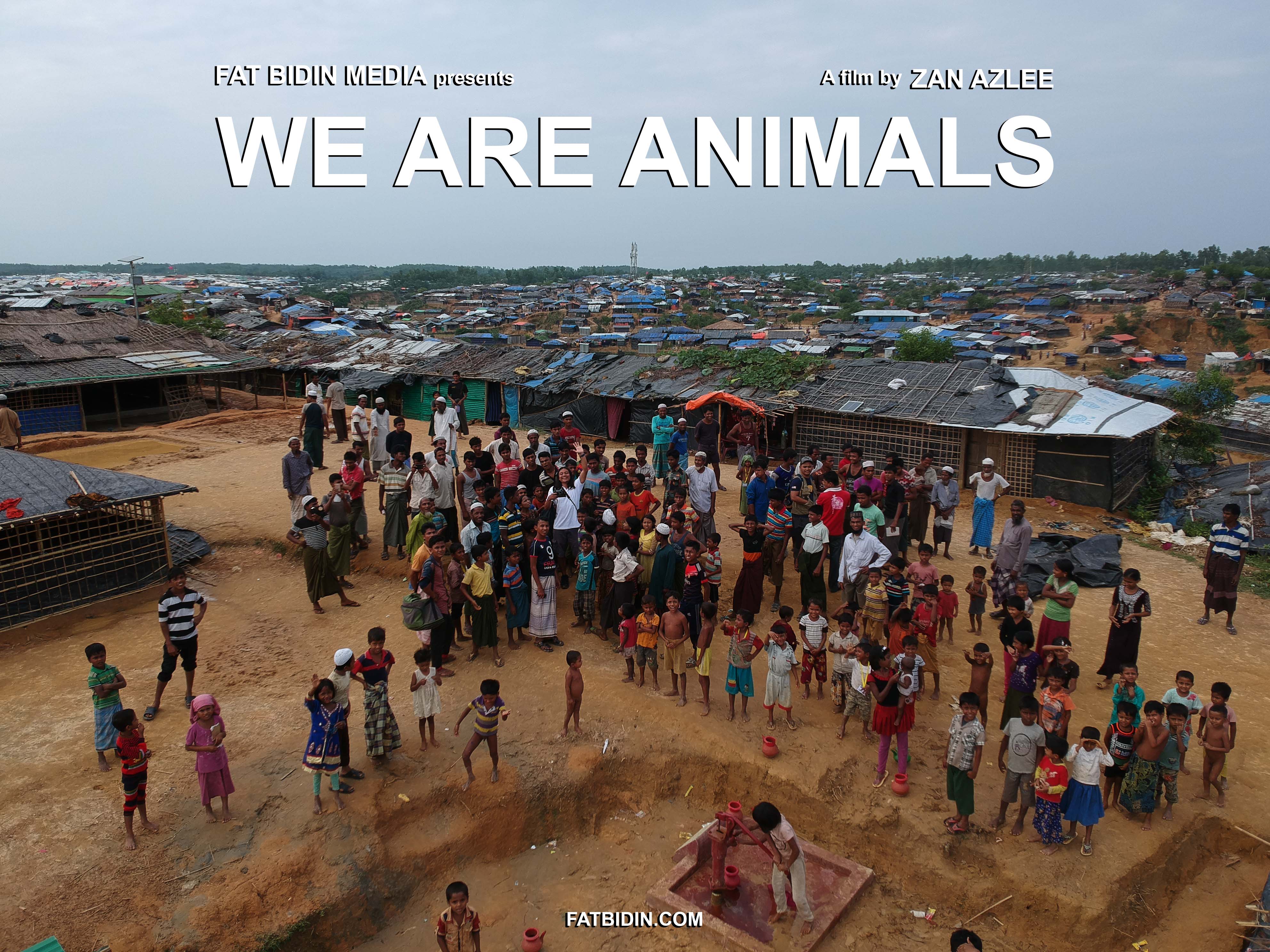
Journalist and documentary filmmaker, Zan Azlee spends several weeks in Kutupalong, Bangladesh. It’s the world’s largest refugee camp, housing close to a million displaced Rohingya. Through his gonzo style of filming, he catches glimpse of life in the camp through the residents, assists a group of medical volunteers from Mercy Malaysia there, and even heads to the border and witnesses a group of several hundred Rohingya pleading for refuge who have just crossed the border from Myanmar.
Journalism Campus
The festival returns with Journalism Campus: a series of interactive workshops, panel discussions and talks to get people thinking about the state of today’s media. This year, the topics will range from photojournalism in the age of Instagram, to the issues around Fake News.
Journalism Campus aims to create dialogue and insights to the fast moving nature of modern journalism. The campus kicks off on Friday, 5th October and will continue with selected events over the festival weekend.
Speakers in the Journalism Campus includes:
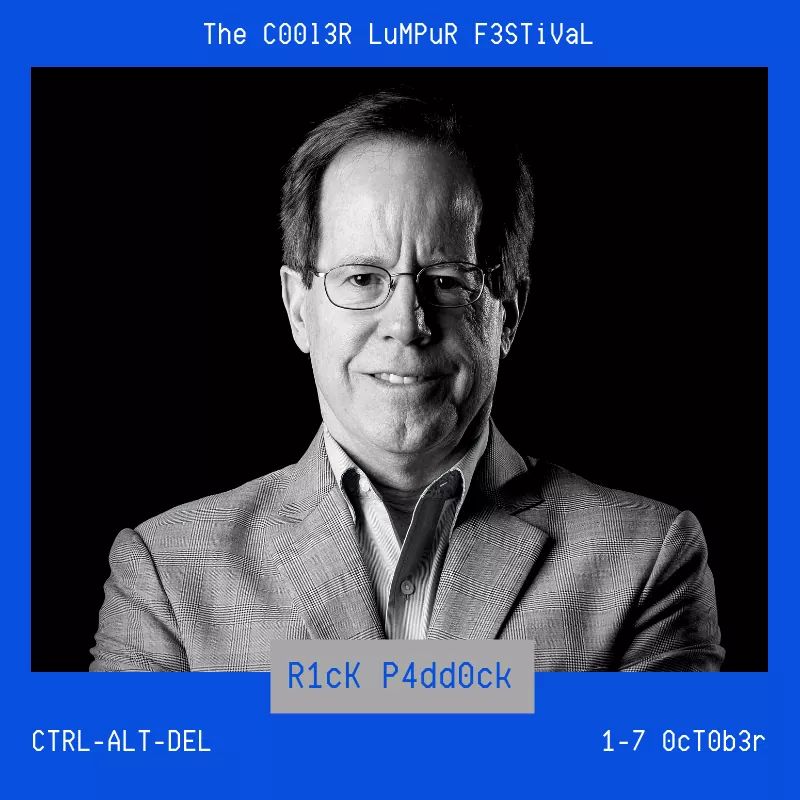
Richard C. Paddock, who reports on Southeast Asia for the New York Times. Based in Bangkok, he has worked as a foreign correspondent for more than 14 years and reported from about 50 countries on five continents.
In 2015, Mr. Paddock shared in an Emmy Award for investigative reporting given to PBS NewsHour for a story on hazardous underwater gold mining in the Philippines. Earlier, he shared in an Overseas Press Club award for coverage of foreign Filipino workers and in a Pulitzer Prize for breaking news won by The Los Angeles Times for coverage of the Los Angeles riots.
His recent work includes reporting on the genocide of the Rohingya in Myanmar, the government-sponsored killing of drug users in the Philippines, President Trump’s overseas business interests and the rescue of the Wild Boars soccer team from a cave in Thailand. His current assignment is his third posting in Southeast Asia
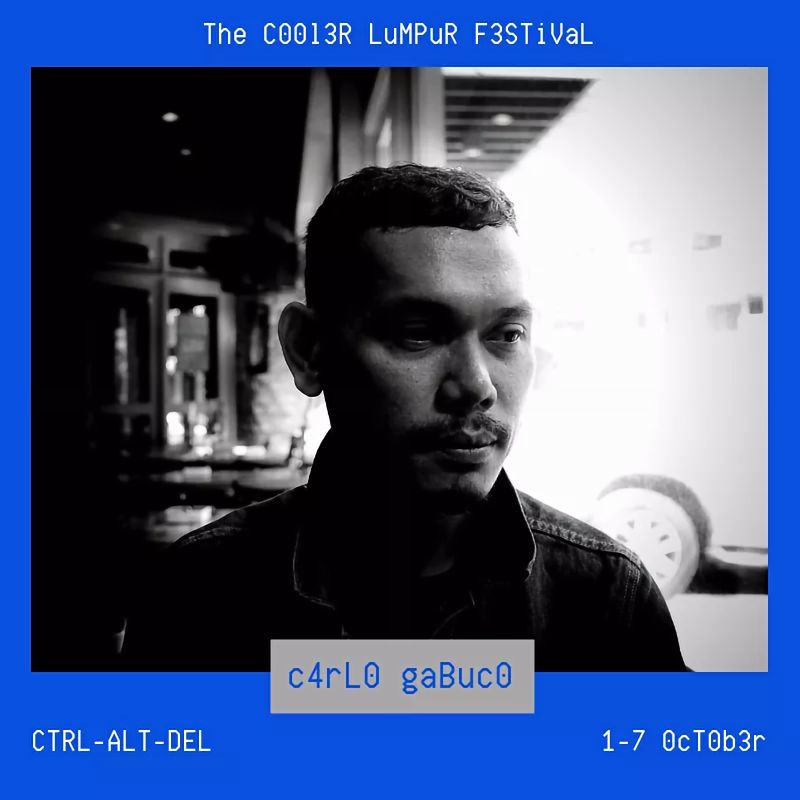
Carlo Gabuco, 36, is a visual artist and independent photographer based in Manila, Philippines. His photographs as well as his paintings focus on human rights and development issues, as well as daily life in the Philippines. He covered the aftermath of Super Typhoon Haiyan in the Philippines and continues his coverage of the Philippine drug war. He’s worked with Human Rights Watch, Save the children and Amnesty International, and has been published in both local and international publications including the BBC, Time, National Geographic, Cicero Magazine, Bloomberg, El Pais, LA times and Der Spiegel. His paintings and photographs have been exhibited across South East Asia. He is the photographer behind Rappler’s ongoing Impunity Series.
Other than that, The Cooler Lumpur Festival will also host the Food Fringe Festival, Saving Stripes: The Plight of the Malayan Tiger, Street Smarts: Rebooting Cities and Who’s Laughing Now? that’s happening from 1st to 7th October.
It’s time to push that button and reset everything.
For more info and updates on the activities and workshops, check out www.coolerlumpur.com or go to their Facebook page.


 Get Audio+
Get Audio+ Hot FM
Hot FM Kool 101
Kool 101 Eight FM
Eight FM Fly FM
Fly FM Molek FM
Molek FM